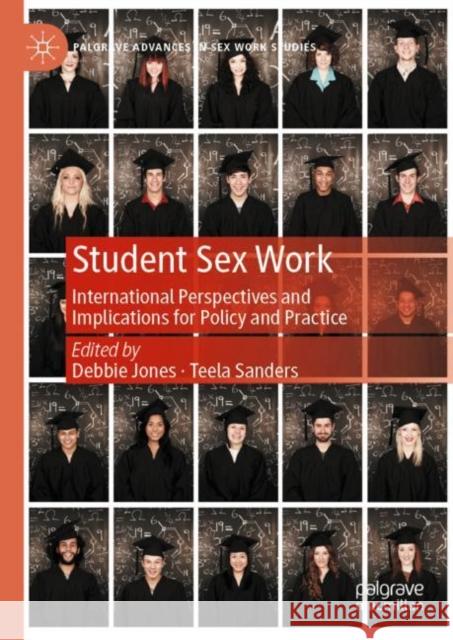Student Sex Work: International Perspectives and Implications for Policy and Practice » książka
topmenu
Student Sex Work: International Perspectives and Implications for Policy and Practice
ISBN-13: 9783031077760 / Angielski / Twarda / 2022 / 396 str.
Student Sex Work: International Perspectives and Implications for Policy and Practice
ISBN-13: 9783031077760 / Angielski / Twarda / 2022 / 396 str.
cena 401,58
(netto: 382,46 VAT: 5%)
Najniższa cena z 30 dni: 385,52
(netto: 382,46 VAT: 5%)
Najniższa cena z 30 dni: 385,52
Termin realizacji zamówienia:
ok. 16-18 dni roboczych.
ok. 16-18 dni roboczych.
Darmowa dostawa!
Kategorie:
Kategorie BISAC:
Wydawca:
Springer International Publishing AG
Seria wydawnicza:
Język:
Angielski
ISBN-13:
9783031077760
Rok wydania:
2022
Ilość stron:
396
Wymiary:
21.0 x 14.8
Oprawa:
Twarda
Dodatkowe informacje:
Wydanie ilustrowane











